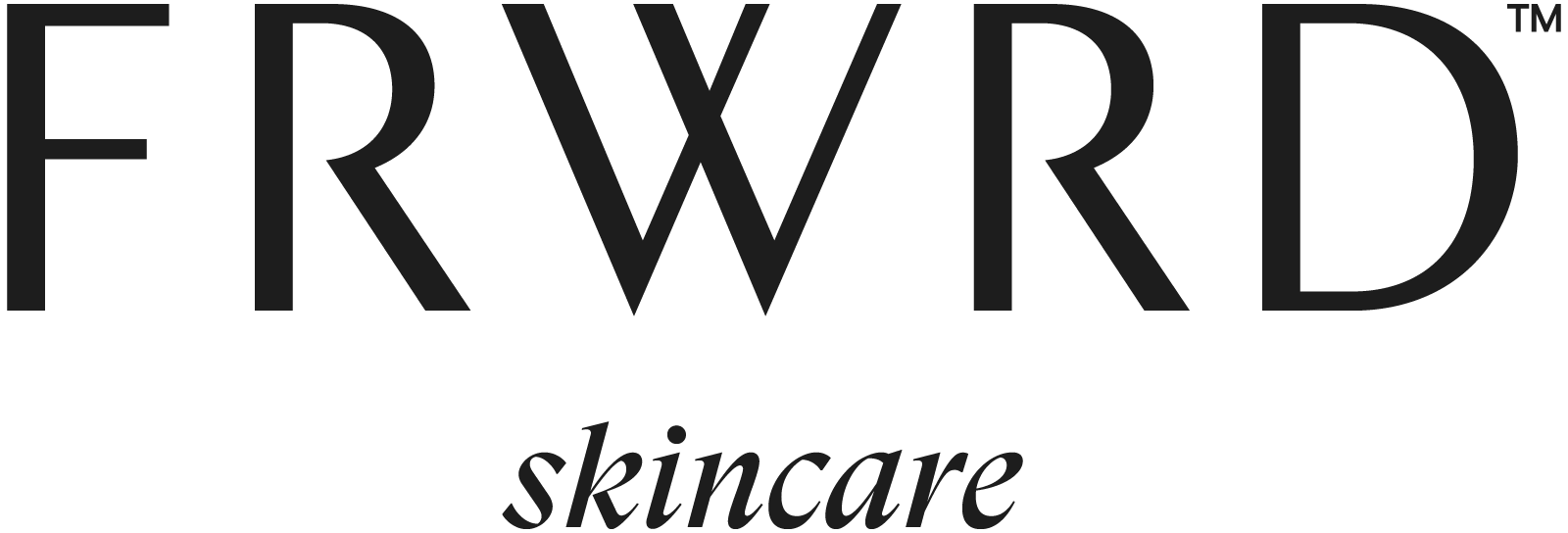Fungal Futurism: Predicting the Next Wave of Mushroom-Based Skincare Innovations

In the world of skincare, mushrooms are no longer just a trendy ingredient—they're the future. Welcome to the concept of fungal futurism, where the incredible potential of fungi is poised to revolutionize how we approach skincare. From their ancient use in traditional medicine to their current role as power-packed ingredients in modern beauty products, the mushroom benefits for skin are undeniable. As we look ahead, it’s clear that the next wave of mushroom-based skincare innovations is set to redefine beauty norms and offer even more potent solutions for healthy, radiant skin.
Table of Contents
Current Trends and Innovations in Mushroom-Based Skincare
The current landscape of skincare has seen a significant shift towards natural, organic ingredients, with mushrooms leading the charge. These fungi are celebrated for their ability to hydrate, soothe, and rejuvenate the skin. At FRWRD Skincare, our Organic Mushroom Super Serum exemplifies the mushroom benefits for skin by harnessing the power of a triple-mushroom complex to deliver visible results in just a few weeks.
Key trends include the use of Tremella, also known as the "beauty mushroom," which is a natural alternative to hyaluronic acid, offering deep hydration and a noticeable plumping effect. Chaga mushrooms, rich in antioxidants, are being used to combat the signs of aging, while Turkey Tail mushrooms are gaining attention for their ability to even out skin tone and reduce hyperpigmentation.
These innovations highlight just a fraction of the mushroom benefits for skin that are currently being explored. As more people seek out sustainable and effective skincare solutions, the demand for mushroom-based products is only set to grow.
The Next Wave of Mushroom Skincare
The skincare industry is on the cusp of a revolution, with mushrooms poised to lead the charge in innovative and sustainable beauty solutions. This next wave of mushroom-based skincare promises not only to enhance the effectiveness of our beauty routines but also to contribute to environmental sustainability. Here’s a closer look at the exciting developments we can anticipate in the world of fungal futurism.
Mycelium: The Future of Skin Regeneration
One of the most promising frontiers in mushroom skincare is the exploration of mycelium, the root-like network that forms the foundation of fungi. Mycelium is known for its regenerative properties, which could be harnessed to create skincare products that repair and strengthen the skin’s barrier. Researchers are studying how mycelium-based formulations might enhance the skin’s ability to heal from damage, reduce inflammation, and protect against environmental stressors.
Mycelium’s ability to interact with the skin on a cellular level could lead to breakthroughs in anti-aging treatments, offering a natural alternative to synthetic ingredients. By incorporating mycelium into creams, serums, and masks, we may soon see products that not only prevent damage but actively reverse the effects of aging, all while supporting the skin’s natural defense mechanisms.
Personalized Skincare: Tailoring Treatments with Mushroom Power
As biotechnology continues to advance, the concept of personalized skincare is becoming a reality, and mushrooms are at the forefront of this innovation. The diverse benefits of mushrooms for skin—ranging from hydration to antioxidant protection—make them ideal candidates for customized skincare solutions.
Imagine a serum that adapts to your skin’s unique needs, dynamically adjusting its formulation based on your skin type, environmental conditions, and even your hormonal cycles. Such products could leverage the adaptive properties of mushrooms to deliver targeted care, ensuring that your skin receives exactly what it needs, when it needs it. This level of personalization could transform skincare routines, making them more effective and responsive to individual concerns.
Sustainable Beauty: Eco-Friendly Packaging and Production
The push towards sustainability is becoming increasingly important in the beauty industry, and mushrooms are playing a crucial role in this shift. As part of the next wave of mushroom skincare, we can expect to see more eco-friendly packaging solutions that align with the sustainable ethos of fungal futurism.
Mushrooms, particularly mycelium, can be used to create biodegradable packaging materials that reduce environmental impact. These materials are not only sustainable but also versatile, potentially replacing plastic in many aspects of product packaging. This innovation could significantly lower the carbon footprint of the skincare industry, making it more environmentally responsible.
In addition to packaging, the production processes of mushroom-based skincare products are likely to become more sustainable. Fungi require minimal resources to cultivate and can be grown on waste products, making them an eco-friendly choice for raw materials. This aligns perfectly with the growing consumer demand for products that are not only effective but also ethically produced.
Mushroom Skincare: A Fusion of Nature and Technology
The future of mushroom skincare lies at the intersection of nature and technology. By combining the natural properties of mushrooms with cutting-edge scientific research, we can create skincare products that are not only effective but also sustainable and personalized. This fusion promises to revolutionize the beauty industry, offering consumers products that are both powerful and gentle on the planet.
Looking forward, fungal futurism is set to redefine our approach to skincare, bringing innovative solutions that cater to individual needs while promoting environmental stewardship. As we embrace this next wave of mushroom skincare, we can look forward to a future where beauty and sustainability go hand in hand, powered by the extraordinary potential of fungi.
How Mushrooms are Transforming Skincare Rituals
The inclusion of mushrooms in skincare is more than just a trend—it's transforming the way we approach our daily rituals. Traditional skincare routines often rely on synthetic ingredients that may provide short-term results but can be harsh on the skin over time. In contrast, mushroom-based products are gentle yet powerful, offering a holistic approach to skincare that aligns with natural wellness.
Incorporating the mushroom benefits for skin into your daily routine can lead to more mindful skincare practices. For instance, the use of Tremella mushroom as a natural moisturizer encourages a focus on hydration and nourishment, while Chaga's antioxidant properties inspire a commitment to protecting the skin from environmental damage. This shift towards using nature’s wisdom in skincare not only enhances the skin’s appearance but also promotes overall skin health.
Mushrooms also bring an element of ritualistic care to skincare, connecting us to ancient practices that have valued fungi for their healing properties. By integrating these powerful ingredients into your routine, you’re not just applying a product—you’re participating in a time-honored tradition of nurturing the skin with the earth's most potent gifts.
Conclusion: How to Stay Ahead of the Curve with Fungal Futurism in Beauty
As we venture into the future, embracing fungal futurism means staying informed and open to the endless possibilities that mushrooms offer for skin care. The mushroom benefits for skin are continually being researched and expanded upon, making now the perfect time to integrate these powerful ingredients into your routine.
At FRWRD Skincare, we are committed to leading the charge in mushroom-based skincare innovation. Our products are designed to deliver the best of what nature has to offer, ensuring that you experience the transformative mushroom benefits for skin firsthand.
Stay ahead of the curve by incorporating mushroom-based skincare into your daily regimen and watch as your skin transforms with the power of nature’s most ancient and revered organism.
FAQs
1. What makes mushrooms so effective in skincare products?
Mushrooms are rich in bioactive compounds such as antioxidants, polysaccharides, and vitamins that are highly beneficial for the skin. These compounds help to hydrate, soothe, and protect the skin from environmental damage. Different mushrooms offer various benefits—Tremella, for instance, is known for its deep hydration properties, while Chaga is packed with antioxidants that combat aging. The versatility and potency of these ingredients make mushrooms a powerful addition to any skincare routine.
2. How does mycelium contribute to skin regeneration in mushroom-based products?
Mycelium, the root-like network of fungi, is being studied for its regenerative properties. It has the potential to enhance skin repair by interacting with the skin on a cellular level, helping to strengthen the skin's barrier and promote healing. Mycelium-based formulations could revolutionize anti-aging treatments by providing a natural alternative to synthetic ingredients, actively reversing damage while supporting the skin’s natural defenses.
3. Can mushroom-based skincare products be personalized for individual needs?
Yes, the future of mushroom-based skincare is moving towards personalized solutions. Advances in biotechnology are enabling the development of products that can be tailored to an individual's skin type, environmental factors, and even hormonal changes. By leveraging the adaptive properties of mushrooms, these products can provide targeted care, ensuring that each person’s unique skin needs are met effectively.
4. How are mushrooms contributing to sustainable skincare practices?
Mushrooms, particularly mycelium, are being used to create eco-friendly packaging and sustainable production methods in skincare. Mycelium can be cultivated with minimal resources and grown on waste products, making it an environmentally responsible choice. Additionally, mycelium-based packaging is biodegradable, reducing the carbon footprint of the skincare industry. This aligns with the growing consumer demand for products that are not only effective but also sustainably produced.

